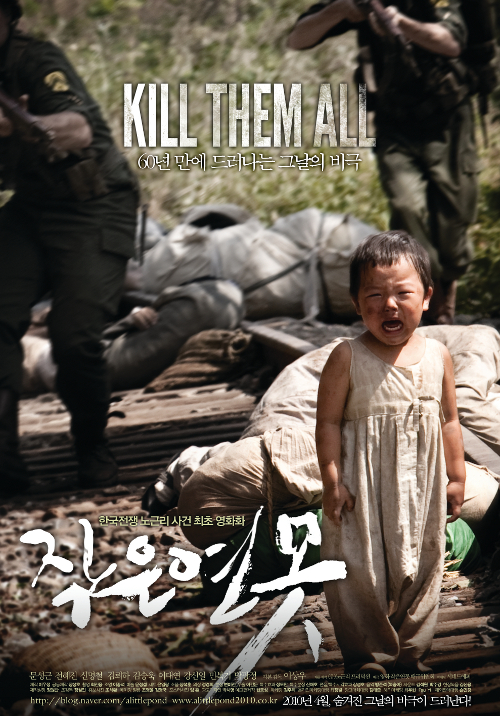|
Royce-McGovern Introduce Legislation on Sudan’s Involvement with the Lord’s Resistance Army
Certification Must Come to Congress before Sudan can be Removed from Terrorism List
WASHINGTON, D.C. — Rep. Ed Royce (R-CA) and Rep. Jim McGovern (D-MA), who have collaborated on past legislation on Africa, today introduced the “Sudan Cessation of Support for the Lord’s Resistance Army Certification Act of 2011.”
This legislation requires the Obama Administration to certify to Congress that the Sudanese government is “no longer engaged in training, harboring, supplying, financing, or supporting in any way the Lord’s Resistance Army, its leader Joseph Kony, or his top commanders” before Sudan could be removed from the state sponsor of terrorism list.
“Last year, bipartisan legislation was signed into law requiring the Administration to devise a strategy to end the LRA’s atrocities. The strategy promises to ensure the LRA ‘receives no support or safe haven.’ I view this legislation as part of that effort,” said Royce, who chairs the House Foreign Affairs Subcommittee on Terrorism, Nonproliferation and Trade.
Historically, Sudan has backed the LRA with arms and supplies, making Khartoum the only documented state-supporter of the group, which is on the State Department’s “Terrorist Exclusion List.” Joseph Kony, its leader, has been named a “specially designated global terrorist.”
“I’m very pleased to continue this important, bipartisan effort with Ed Royce,” Rep. McGovern said. “The LRA and the Sudanese government need to know that the U.S. Congress – and the world – are watching.”
For over two decades, the LRA has terrorized northern Uganda and central Africa. Its followers have mutilated, abducted and forced individuals into sexual servitude, forcing as many as 65,000 children to fight as part of the rebel force. Last Congress, McGovern and Royce led efforts in the House to pass the Lord’s Resistance Army Disarmament and Northern Uganda Recovery Act, which was signed into law on May 24, 2010.
The “Sudan Cessation of Support for the Lord’s Resistance Army Certification Act of 2011” is supported by Resolve, Enough and Invisible Children, advocacy groups dedicated to ending the LRA’s atrocities.
